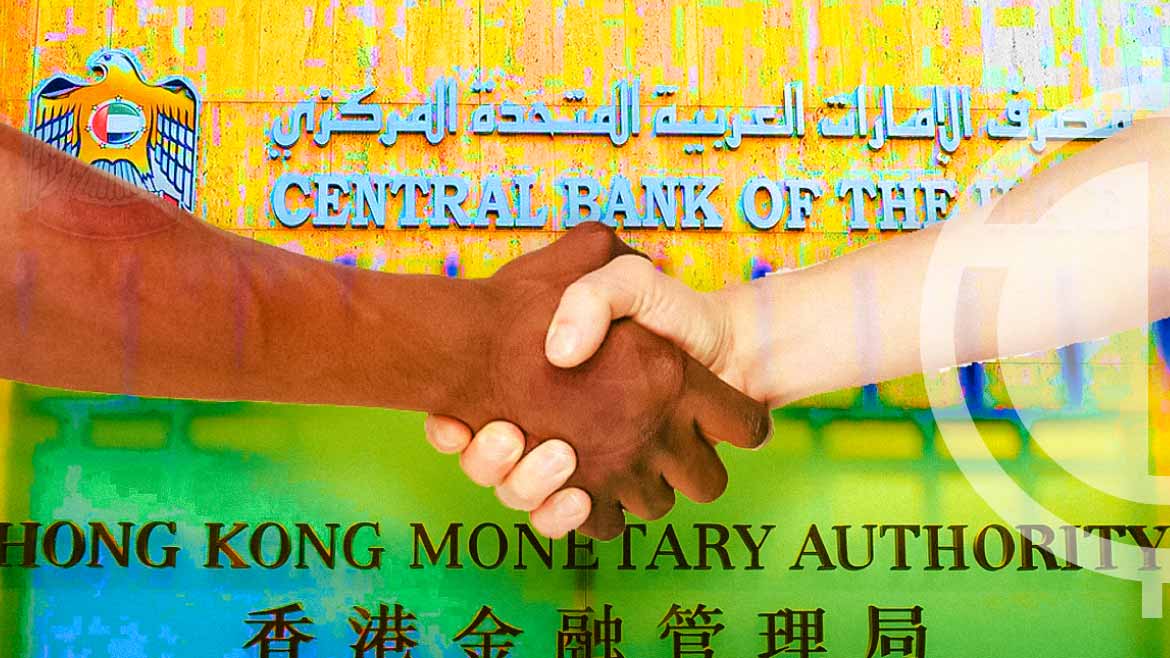The Central Bank of the United Arab Emirates (UAE) and the Hong Kong Monetary Authority (HKMA) are enhancing their collaboration in the world of finance, according to an official release from the HKMA. Both institutions have agreed to strengthen their ties in three key areas, including the regulations and developments pertaining to virtual assets.
Per the announcement, the move has been formed as part of a broader plan to bolster cooperation across multiple areas. The regulators have been focusing on enhancing financial infrastructure, improving financial market connectivity, and tightening virtual asset regulations, thereby fortifying the financial ties between the two jurisdictions.
Hong Kong has been proactive in its approach to regulating cryptocurrencies. The city’s Securities and Futures Commission (SFC) is set to enforce a licensing regime from June 1, which includes measures to safeguard retail investors. The new regulations require all trading platforms and exchanges to apply for a license, with non-compliance resulting in penalties and possible imprisonment. Furthermore, the SFC has established retail investor exposure limits and permits retail trading only in highly liquid tokens issued for at least one year.
In the UAE, major strides have been made towards regulating digital assets. The Emirate of Dubai enacted Law No. 4 of 2022 on the Regulation of Virtual Assets (VAL) on February 28, 2022. This law established the Dubai Virtual Assets Regulatory Authority (VARA), which is responsible for regulating, supervising, and overseeing the issuance and offering processes of virtual assets and non-fungible tokens (NFTs). The law also requires anyone offering virtual asset services to obtain a license from VARA, operate within Dubai, and hold a trade license from the relevant commercial authority in Dubai.
This bilateral collaboration was discussed at a meeting held in Abu Dhabi. The meeting was attended by several global, Chinese, and UAE banking groups, including HSBC, Standard Chartered, Citi, Industrial and Commercial Bank of China, Bank of China, First Abu Dhabi Bank, Abu Dhabi Islamic Bank, and Emirates NBD.






